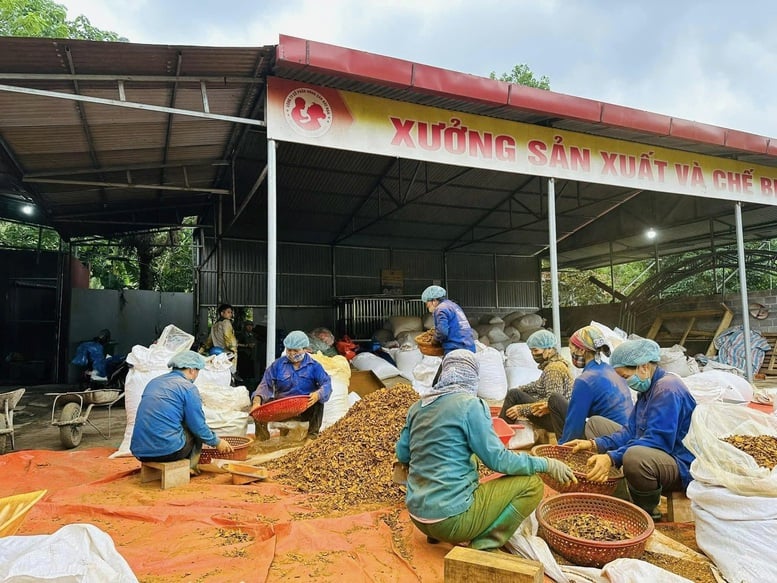
BK Foods High-Tech Agricultural Cooperative cooperates to purchase agricultural products and create more jobs for local people. Photo: VGP/Thien Tam
With the strong leadership of the Party Committee, the government and the response of the people, the local rural economic picture in recent years has had a clear change, forming concentrated production areas, expanding the scale of cooperatives and strongly increasing the number of products achieving OCOP certification.
Shifting the structure of agriculture and forestry creates a foundation for development
As a locality with strengths in agriculture and forestry, Bach Thong has identified the transformation of crop and livestock structure towards commodities as a key task in the current period. The whole commune has over 2,800 hectares of agricultural land, of which 1,200 hectares are used for rice cultivation with an average yield of 48 quintals/ha. The total value of agricultural and forestry production reached 125 billion VND, an increase of 1.2 times compared to 2020. These figures reflect the locality's innovative approach in organizing production and applying technical advances to cultivation.
Not only focusing on rice, the commune has proactively expanded many models of high-value crops such as oranges, tangerines, guavas, grapefruits, seedless persimmons, etc. Many households have converted ineffective rice fields into fruit trees, creating a more stable source of income. Fruit tree planting and citrus tree care programs according to VietGAP standards are helping to form concentrated production areas associated with agricultural tourism development.
In Na Pan village, Mr. Ly Tien Loi is one of the typical households that boldly switched to growing fruit trees. With more than 2 hectares of oranges and tangerines, his family earns over 150 million VND each year. He shared: "Previously, growing rice was just enough to eat, but now growing fruit trees brings in much higher income. I hope the commune will continue to support people with techniques as well as linking consumption to maintain local OCOP products."
In the livestock sector, Bach Thong focuses on developing towards bio-security, disease control and minimizing environmental pollution. Households maintain stable livestock and poultry herds; the water surface area for aquaculture is expanded, contributing to increasing the total production value of the whole industry.
As a commune with a large forest area, Bach Thong attaches special importance to forest management, protection and development. Currently, the commune has more than 967 hectares of planted forest, increasing the coverage to over 75%. From this advantage, 12 wood processing factories have been established in the area, both creating jobs and creating a value chain from planted forest materials.
Notably, people and cooperatives have developed a model of growing medicinal plants under the forest canopy such as purple velvet anise and yellow tea on an area of 5.5 hectares. These models bring high economic efficiency and are suitable for soil conditions. Ms. Hoang Thi Lan, Ban Mun village, said: "Growing yellow tea under the forest canopy has few pests and diseases, is not difficult to care for, and the price is stable. Some households earn nearly 100 million VND per crop."
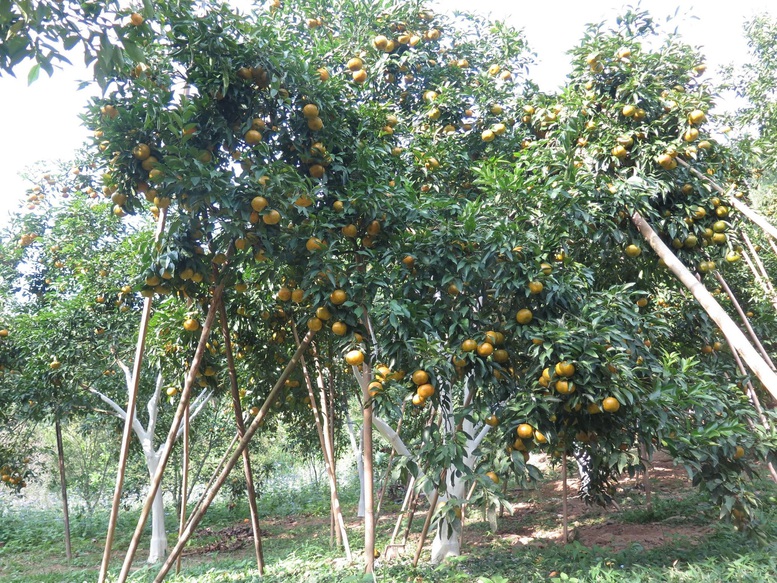
VietGAP standard tangerine garden of Phieng An villagers. Photo: VGP/Thien Tam
Cooperatives develop strongly, increasing the value of OCOP products
Collective economic development is an important pillar in Bach Thong's rural development strategy. Currently, the commune has 12 cooperatives operating in the fields of cultivation, agricultural processing, agricultural services, etc. The cooperatives are becoming the "nucleus" of production linkage, creating stable raw material areas and increasing income for people.
In recent years, many cooperatives have shifted their operations to safe production models, applying technology, investing in packaging, and building brands. Along with that, the commune encourages the establishment of cooperative groups, linking production chains, creating a foundation to increase the competitiveness of local agricultural products.
BK Foods High-Tech Agricultural Cooperative is an example. Before the Cooperative was established, people produced on a small scale, making it difficult to sell. When the Cooperative was in operation, people were trained in techniques, produced according to safe processes, and signed stable consumption contracts. Ms. Le Thi Huong, Director of the Cooperative, shared: "When we have quality raw material areas, we have more advantages in processing and building brands. Currently, the Cooperative has two products: golden flower tea and dried bamboo shoots, which are recognized as 3-star OCOP products."
The whole commune currently has 8 products recognized as OCOP, including golden flower tea, medicinal tea, dried ginseng, oranges, tangerines, etc. Each product bears the typical mark of the locality, highly appreciated by consumers. Some products have initially entered the supermarket system and the market of neighboring provinces, opening up opportunities for stable and sustainable development.
Bach Thong aims to maintain 12 effectively operating cooperatives, establish at least 3 new cooperatives during the term; increase 3 OCOP products, aiming to have 1 product that meets 4-star provincial standards. The general orientation of the commune is to restructure agriculture towards organic and ecological; prioritize the development of high-value trees; and expand large timber forests for processing and export.
Chairman of the People's Committee of Ha Ngoc Viet commune said: "In the coming time, the commune will continue to promote the application of technology in production, digital transformation in cooperative activities; support product promotion through e-commerce platforms. Bach Thong considers the OCOP program an important solution to increase the value of agricultural products. Along with that, we attract businesses to invest, improve production infrastructure, support chain linkages and product consumption to create a foundation for sustainable development".
Along with economic development, the locality focuses on environmental protection and preserving indigenous culture, thereby creating conditions to expand eco-tourism and community tourism - a field considered to be a potential development direction in the future.
From a practical perspective, it can be affirmed that the development of collective economy associated with OCOP products has become an important driving force to help Bach Thong innovate production models, increase income and build advanced new rural areas. The results achieved are opening up a sustainable direction for a countryside that is changing positively every day.
Kindness
Source: https://baochinhphu.vn/bach-thong-phat-huy-kinh-te-tap-the-nang-tam-san-pham-ocop-102251120192053018.htm










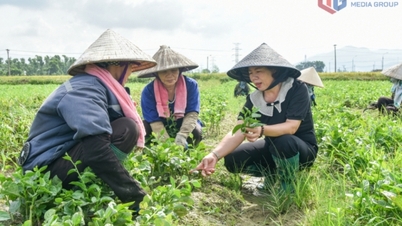

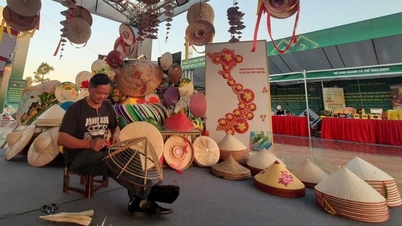

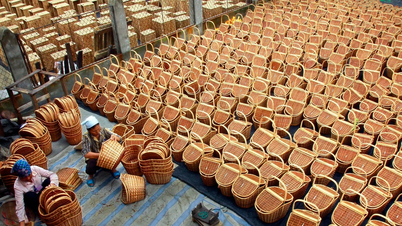

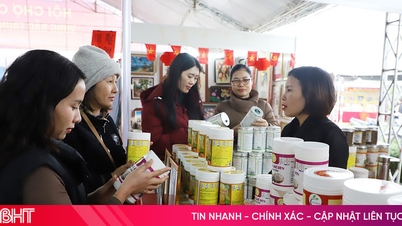

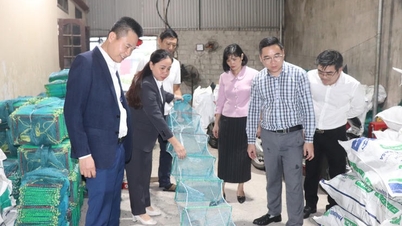

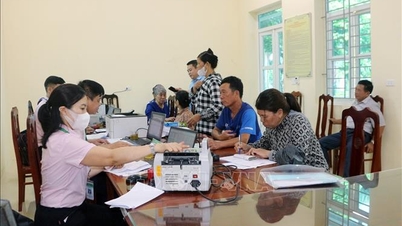

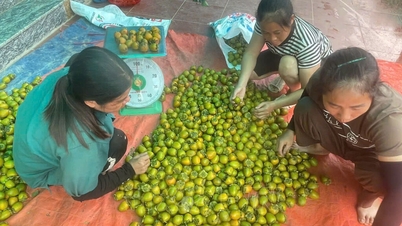
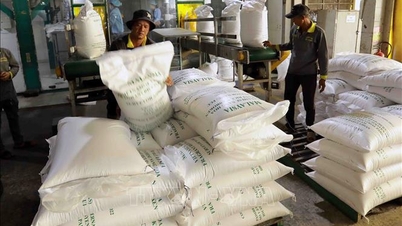
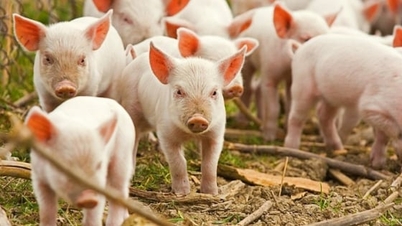

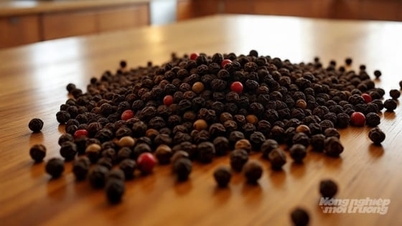
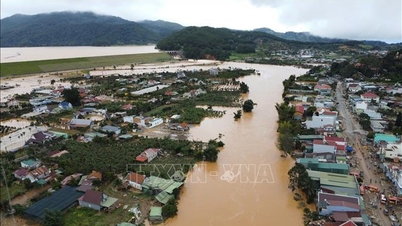







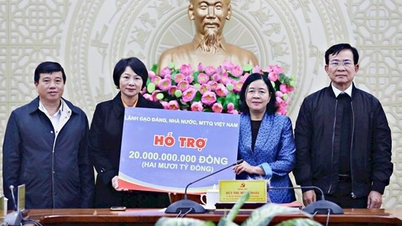
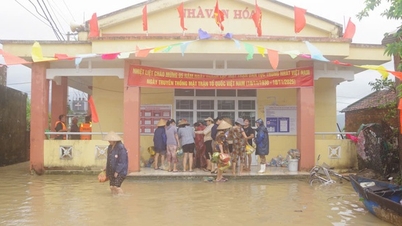
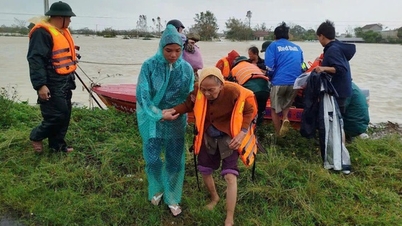

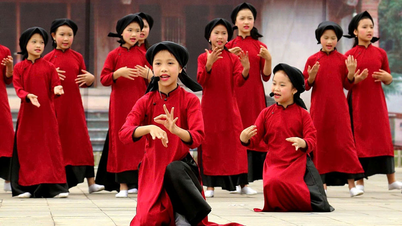




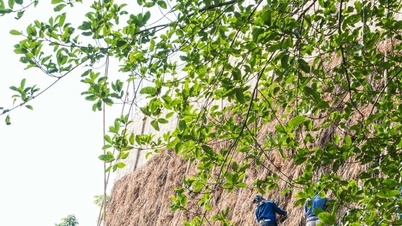

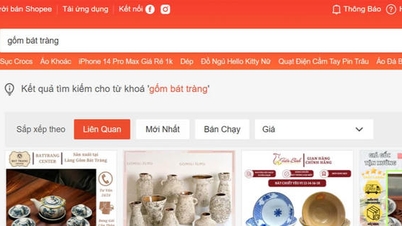
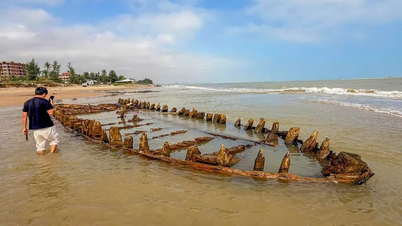

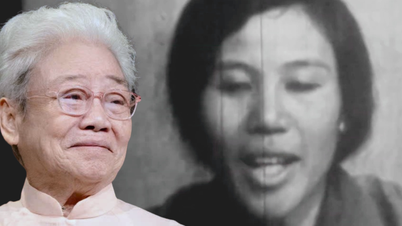

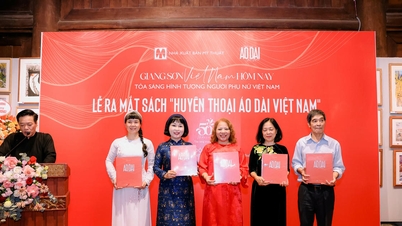
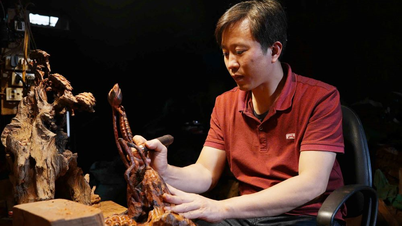
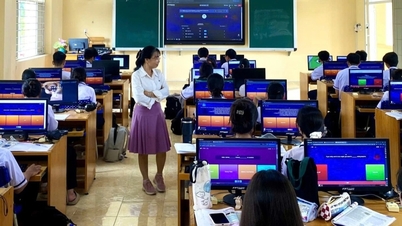

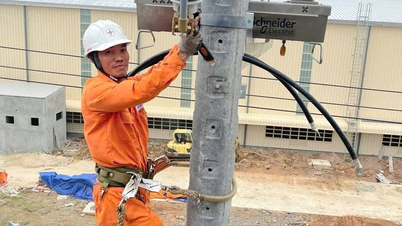

















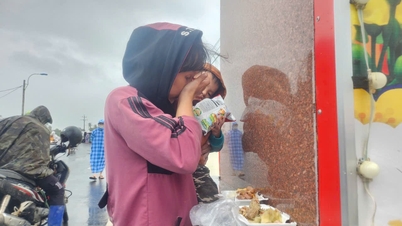



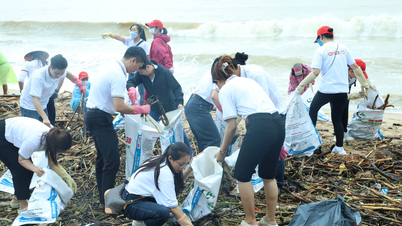

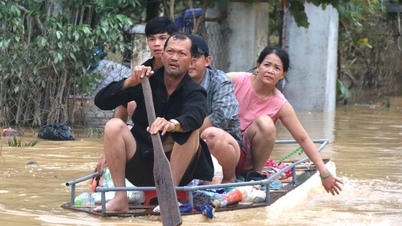

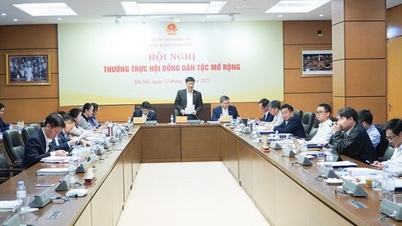
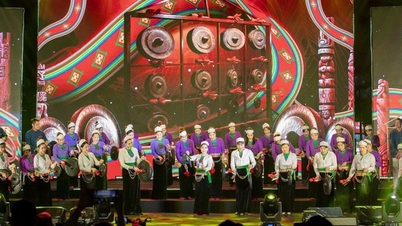
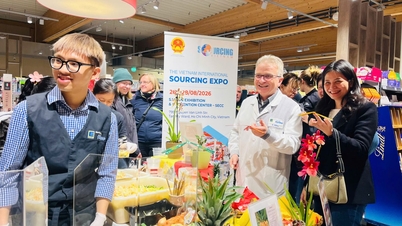


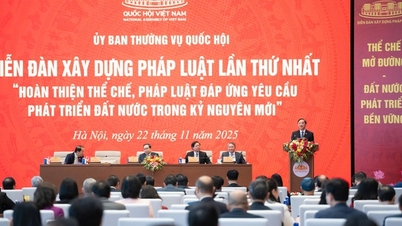

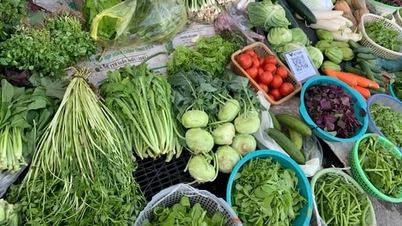
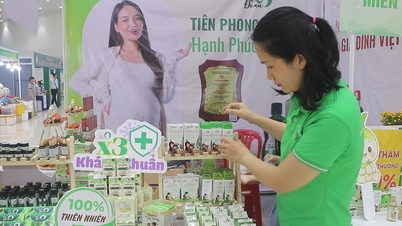


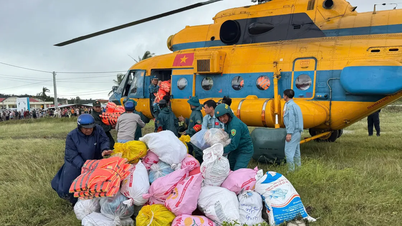
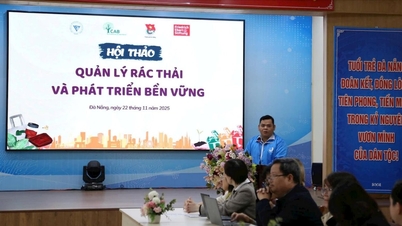










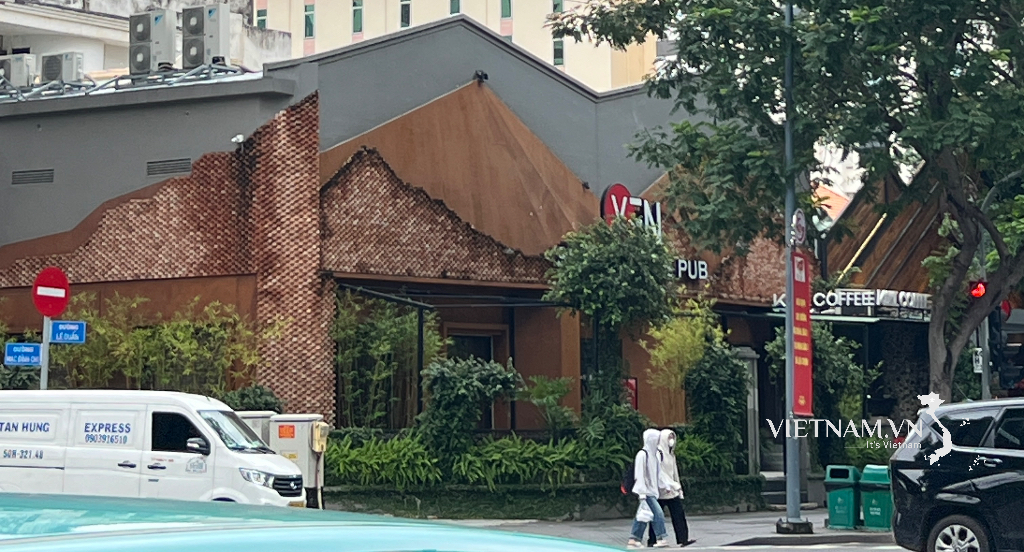



Comment (0)